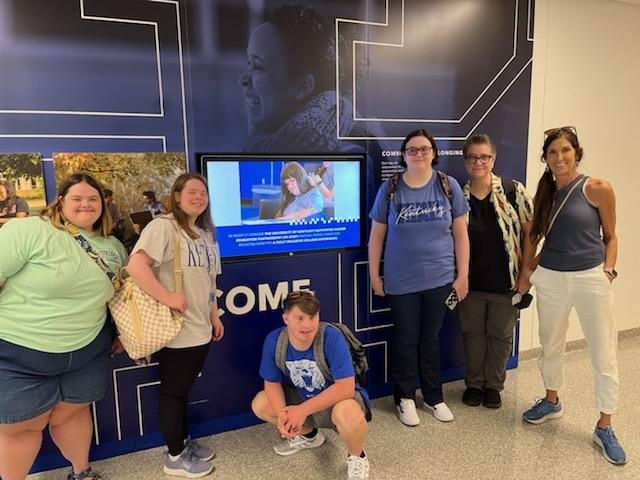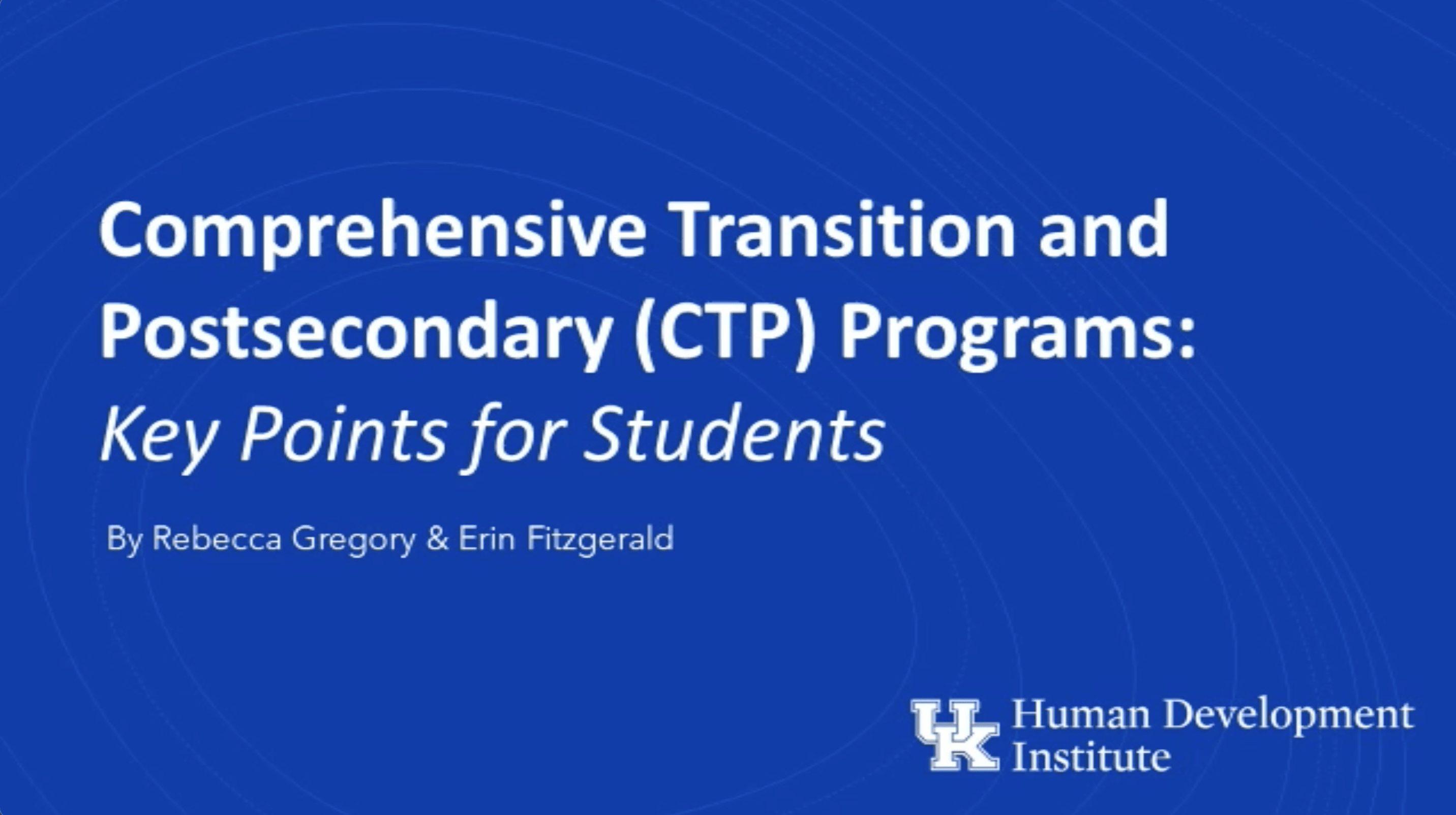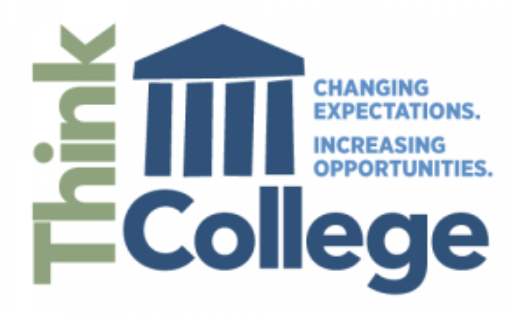May 2023 KSHEP Newsletter
If you experience problems accessing the May 2023 KSHEP Newsletter, please get in touch with erin.fitzgerald@uky.edu for a copy in an alternate format.
If you experience problems accessing the May 2023 KSHEP Newsletter, please get in touch with erin.fitzgerald@uky.edu for a copy in an alternate format.

Read the original article in the Owensboro Times

Watch Erin Fitzgerald’s interview with Kentucky Today on KET (Kentucky Educational Television).
‘I’m fulfilling my dream.’ UK College and Career Studies program finishes 1st semester. Continue reading on University of Kentucky News


Comprehensive Transition and Postsecondary Programs (CTPs) were created by the Higher Education Opportunities Act (HEOA, 2008) and are designed to support students with intellectual disabilities (ID) who want to continue academic, career and technical, and independent living instruction at an institution of higher education (IHE) in order to prepare for employment.
CTPs are higher education programs for individuals with ID that lead to a meaningful credential. Hallmarks of high-quality programs include (a) the social and academic integration of students with ID with their non-disabled peers, and (b) an individualized person-centered planning process that improves the needed skills and competencies of each student.
A high-quality CTP increases the number of individuals with ID who are academically, practically, and socially prepared to obtain and retain competitive employment in integrated settings and prepares them to live full and independent lives.
Eligible students with ID, as defined by the HEOA, who are enrolled in an approved CTP will have the opportunity to take challenging and meaningful credit and non-credit courses alongside their non-disabled peers and in their chosen fields of study.
Additionally, students enrolled in an approved CTP are eligible for federal and state financial assistance – even if they don’t have a regular high school diploma and are not matriculating toward a degree.
Student Financial Assistance:
Students with ID enrolled in an approved CTP can access federal financial aid for which they qualify and state financial aid from the Kentucky Educational Excellence Scholarship (KEES), Work Ready Kentucky Scholarship, and College Access Program Grant programs, if eligible. Students and families can contact the Kentucky Higher Education Assistance Authority (KHEAA) at (800) 928-8926 or visit kheaa.com for help with the financial aid process.
To learn more about financial assistance for students enrolled in an approved Kentucky CTP, see CTP Brief: Student Financial Assistance.
IHEs interested in establishing a CTP must apply to the Federal Student Aid Office at the United States Department of Education (ED). The establishment of an approved CTP enables IHEs to:
ThinkCollege, the National Coordinating Center for Transition Postsecondary Programs for Students with ID, has developed a learning module on CTPs. This four-part module discusses requirements for CTPs, preparing to become a CTP, the application submission and review process, and other components to student financial aid eligibility. The module includes a CTP Application Template, a step-by-step checklist, key components from successful CTP applications, as well as other related resources.

Last updated 9/13/2023. To view the latest version of this document, visit www.kshep.hdiuky.org/resources
Johnny W. Collett
Deputy Director
(859) 257-2304

The State of HDI is a podcast exploring initiatives and projects of the University of Kentucky Human Development Institute (HDI).
In Episode 1, Johnny Collett (HDI Deputy Director) and Erin Fitzgerald (CTP Coordinator) discuss inclusive higher education programs that support students with education and career goals.
Promoting access to quality inclusive postsecondary education for students with intellectual and developmental disabilities through a shared focus on collaboration through program development, resources, research, and public policy in Alabama, Arkansas, Georgia, Florida, Kentucky, Louisiana, Mississippi, Tennessee, North Carolina, South Carolina & beyond!

Watch a video by Rebecca Gregory and Erin Fitzgerald about Comprehensive Transition and Postsecondary Programs. The video outlines key points students should know.

View resources relating to Vocational Rehabilitation.